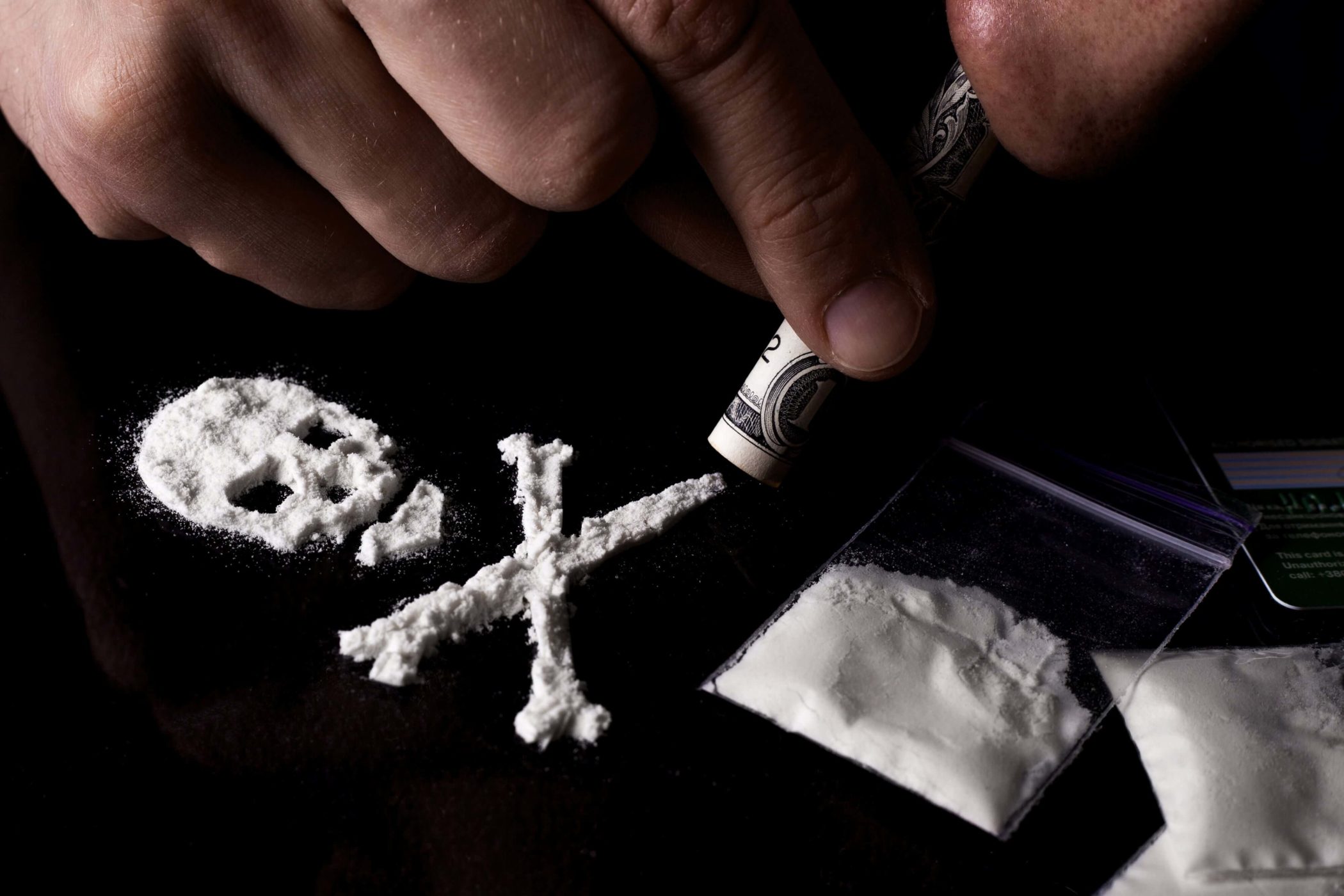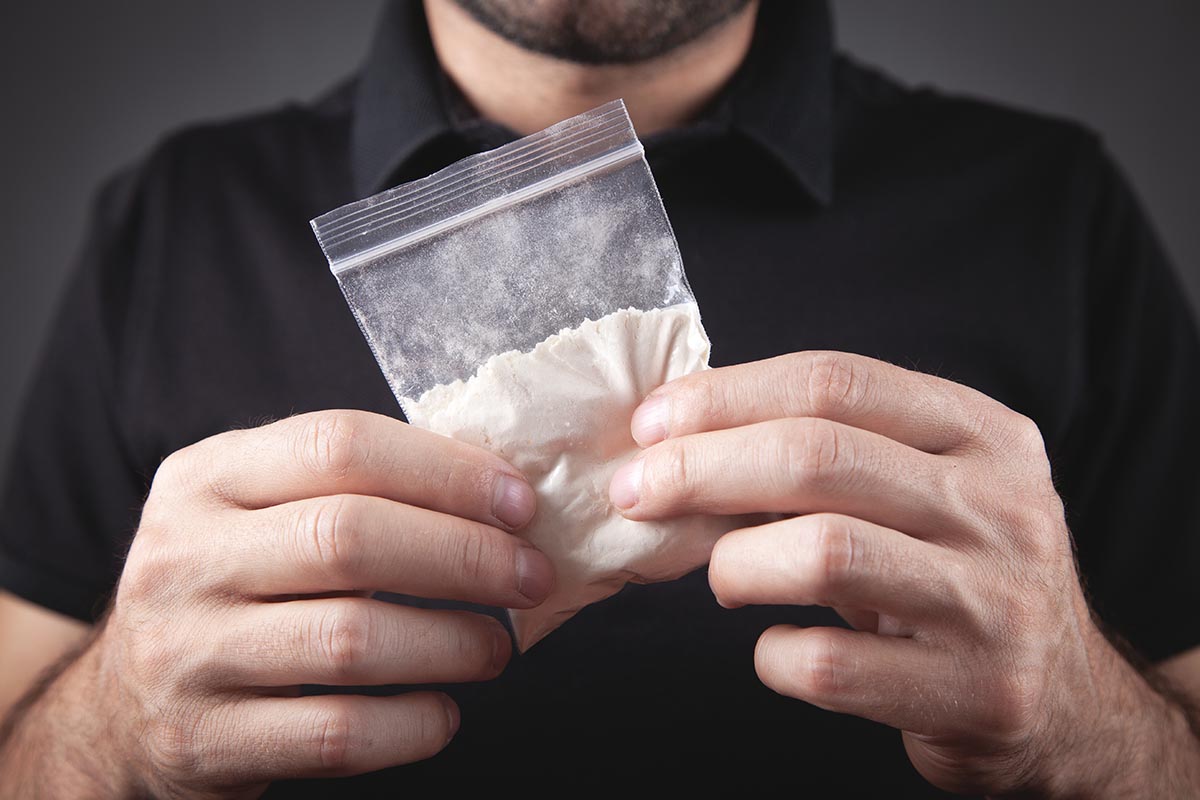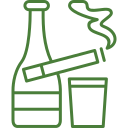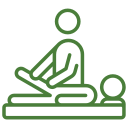Cocaine
Contact us today for free advice
07876096232

The Dangers of Cocaine Use
Cocaine use poses significant risks to physical health, mental well-being, and overall life stability. Even occasional use can lead to serious consequences, including cardiovascular issues, addiction, and psychological disturbances, while prolonged use increases the likelihood of life-threatening complications and social harm.
Cocaine affects the brain's reward system, leading to intense cravings and repeated use.
Prolonged use can cause physical dependency, requiring more of the drug to achieve the same effect.
The drug can cause financial, legal, and relationship issues due to its high cost and destructive behaviors.
Cocaine is often mixed with other substances, increasing the risk of toxicity and overdose.
Social and Lifestyle Risks
Financial Problems
Cocaine is expensive, and frequent use often leads to significant financial distress.
Legal Consequences
Possession, trafficking, or using cocaine can lead to arrests and criminal records.
Damage to Relationships
Addiction often harms family, friendships, and work relationships due to erratic behavior and prioritizing drug use over responsibilities.
Exposure to Dangerous Substances
Cocaine is often laced with other chemicals, leading to unpredictable and more severe health risks.


Risks and Long-term Effects
Heart Damage
Cocaine use can lead to heart attacks, arrhythmias, or long-term cardiovascular issues.

Neurological Issues
Stroke, seizures, and long-lasting changes in brain function.

Mental Health Problems
Anxiety, paranoia, depression, and psychosis.

Respiratory Issues
If smoked, cocaine can damage the lungs.
Treatment Options

Therapy and Counseling
Cognitive-behavioral therapy (CBT) to identify triggers and develop healthier coping mechanisms.

Support Groups
Groups like Narcotics Anonymous (NA) offer community support and shared experiences.

Medical Treatment
Medications to manage withdrawal symptoms and reduce cravings.

Inpatient or Outpatient Rehab
Comprehensive treatment programs focusing on physical, mental, and emotional recovery.

Lifestyle Changes
Building healthy habits, such as regular exercise, balanced nutrition, and mindfulness practices.
